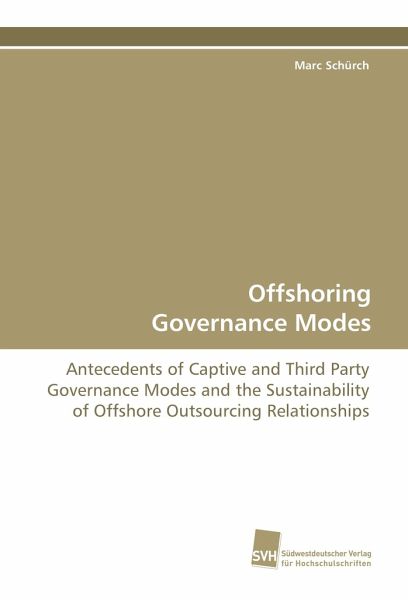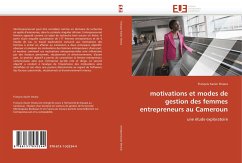
Offshoring Governance Modes
Antecedents of Captive and Third Party Governance Modes and the Sustainability of Offshore Outsourcing Relationships
Versandkostenfrei!
Versandfertig in 6-10 Tagen
89,90 €
inkl. MwSt.

PAYBACK Punkte
0 °P sammeln!
Offshoring concerns the relocation of white-collar business processes from one country to another. Research about the business- and economic rationales of this strategy is abundant; yet we cannot sufficiently explain offshoring governance decisions and their consequences. This book elaborates on the antecedents of the mode of governance in offshoring, i.e., it addresses the question whether offshoring is performed "in-house" with a captive entity, or with the support of a third-party service provider. Building on the insights into this "make-or-buy" decision, this book further tackles the natu...
Offshoring concerns the relocation of white-collar business processes from one country to another. Research about the business- and economic rationales of this strategy is abundant; yet we cannot sufficiently explain offshoring governance decisions and their consequences. This book elaborates on the antecedents of the mode of governance in offshoring, i.e., it addresses the question whether offshoring is performed "in-house" with a captive entity, or with the support of a third-party service provider. Building on the insights into this "make-or-buy" decision, this book further tackles the nature of client-service provider relationships. The literature suggests that in external service relationships (such as, for instance, auditing), the dissolution of contracts is a rare event. I assume that offshoring relationships are similar in this regard. In order to facilitate the longevity of the relationships, mechanisms that aim at reducing potential agency costs need to be put in place.I will provide an empirical explanation for the sustainability of relationships between clients and service providers in offshoring.












